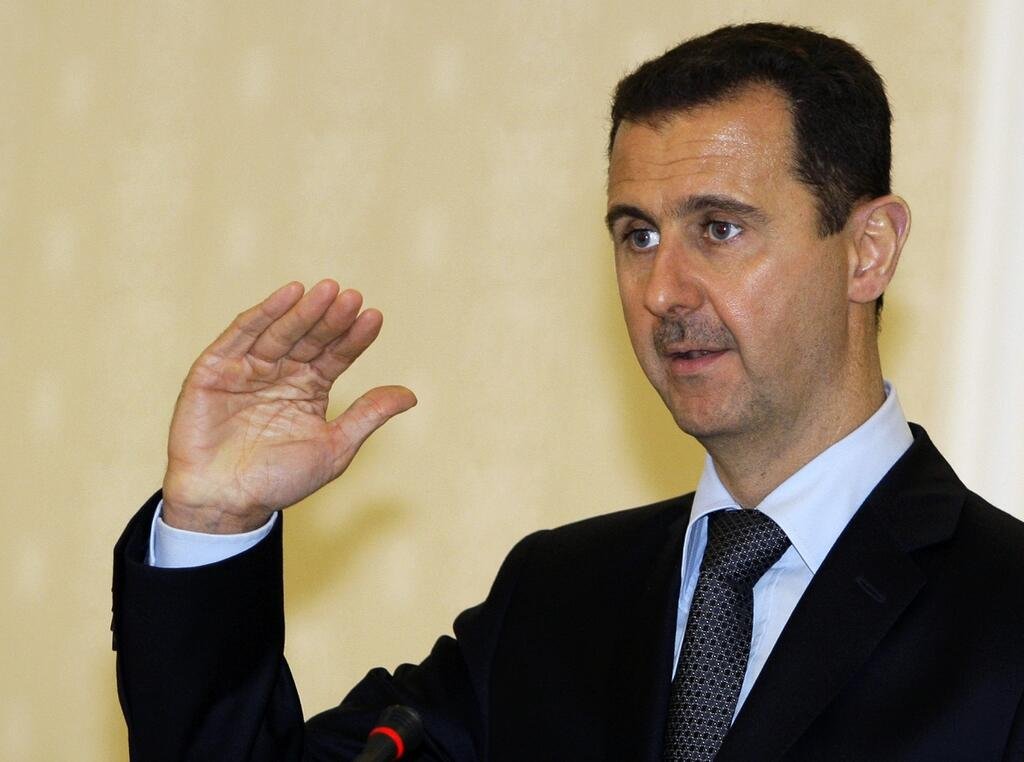Russia earlier announced that Assad had “left Syria” after deciding to step down from the presidency. The Russian Foreign Ministry portrayed Assad’s departure as voluntary and responsible, stating that “following negotiations with several parties to the Syrian conflict, Assad chose to resign, leave the country and provide instructions for a peaceful transfer of power.”
It remains unclear when Assad arrived in Moscow. Reports emerged Saturday night that his wife, Asma, and their children had left Damascus, with confirmation on Sunday that they had traveled to the Russian capital. The whereabouts of Assad’s brother, , commander of the Syrian Army’s 4th Division, are also unknown, though he reportedly fled to an undisclosed location.
Earlier Sunday, speculation intensified about whether Assad was still alive. Two Syrian sources told Reuters there is a “very high likelihood” that his plane crashed shortly after takeoff from Damascus. According to the sources, the aircraft initially headed toward Syria’s coast before abruptly reversing course. Minutes later, it disappeared from radar.
“It disappeared off the radar, possibly the transponder was switched off, but I believe the bigger probability is that the aircraft was taken down…,” said one Syrian source without elaborating.
The ministry called for all parties to refrain from violence and resolve disputes peacefully, asserting that Russia remains in contact with Syrian opposition groups. According to a Kremlin official, opposition leaders have assured Moscow that Russian bases and diplomats in Syria are secure.
The Syrians will have to manage
Assad’s defeat is a blow to Russia, which has prided itself over the past decade on being a steadfast ally to its partners, in this case, the Syrian regime, and rescuing them when necessary.
In recent days, however, Moscow has shown little enthusiasm for aiding Assad’s regime in its fight for survival—perhaps because it recognizes its inability to do so, particularly as it remains embroiled in the war in Ukraine.
Shortly before his arrival, al-Golani delivered his first televised address on Syrian state TV, now controlled by the rebels. Once Assad’s propaganda machine, the channel broadcast al-Golani’s declaration: “There is no turning back—we are determined to continue the path we started in 2011. The future is ours.”
The fall of Assad marks a stunning conclusion to 13 years of civil war, which until recently seemed to have solidified his grip on power. The uprising against Assad began in March 2011 during the Arab Spring, but by 2015, he had lost control of most of Syria. With support from Russia, Iran and Hezbollah, Assad regained territory and confined the rebels to the Idlib province in northwest Syria.
Since 2020, Syria’s battle lines had remained largely stagnant, and Assad had regained legitimacy among many Arab and Islamic countries that previously shunned him. His survival was seen as a remarkable comeback.
